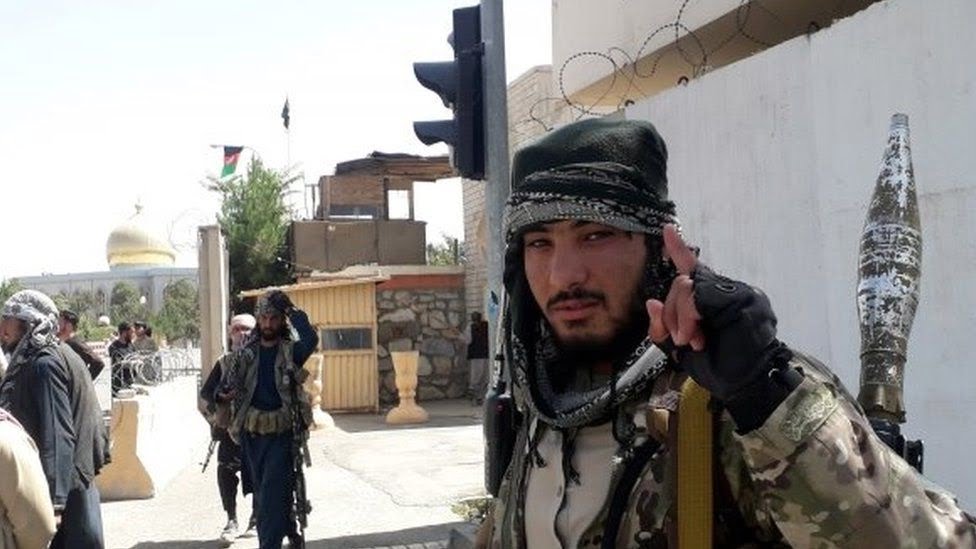Takeover of Kabul by Taliban forces realized sooner than anyone could expect. President Ashraf Ghani fled to Tajikistan following secret negotiations to transfer the power.
Militants from the Taliban invaded Kabul, Afghan capital, early on Sunday, saying they intend to assume control within days. The takeover of Kabul intensified concerns about the future of Afghan people along with foreign nationals.
Following a rapid occupation of cities by the Taliban, the US evacuated its military and diplomatic personnel the embassy and other administrative sections.
Takeover of Kabul, however, has not entailed violence of massive fighting as the two side are seeking a peaceful transfer of power. Taliban spokesperson Zabihullah Mujahid confirmed that the movement is in negotiations with local government for a voluntary withdrawal from power. “Taliban fighters will be stationed at all Kabul gates until a peaceful and satisfactory transfer of power has been agreed upon,” he stated in a statement.
The Taliban were formerly notorious for banning females from official education and enforcing strict Islamic laws. The group, nevertheless, appears to be attempting to present a more open view about the lifestyle and personal freedoms.
Takeover of Kabul occurred only weeks after the US announced full withdrawal from the country. Washington spent billions of dollars in a two-decade process claiming to train up local Afghan government troops. The Taliban’s rapid progress, by the way, has surprised the international community and exposed the US mission’s failure.
Ashraf Ghani in Tajikistan
Following the takeover of Kabul by Taliban militants, reports confirmed that Ashraf Ghani, the president, fled to Tajikistan. A potential Taliban cooperation in his withdrawal from the country remains for clarification.
This is while the incumbent president asserted in a TV address less than 48 hours ago that his security forces will hinder any assaults to the capital. Early on Sunday morning, however, reports about the talks between the two sides signaled the surrender in the following hours.
Remarks by the Afghanistan defense minister, General Bismillah Mohammadi, in his twitter account signaled Ghani’s compromise with Taliban to surrender the capital. The takeover of capital, in fact, realized following the president’s secret clash with Taliban behind closed doors. Ashraf Ghani was the western-supported president of Afghanistan since 2014.
Ghani’s acting interior minister, Mirzakawal, told in Tolo news station that power will be transferred to a transitional administration. “There will not be an attack on the city; it has been agreed on a peaceful transfer,” he stated without going into detail.
Speculations over the head of a potential interim administration revolve around Ali Ahmad Jalali. Ahmad Jalali is former interior minister of Afghanistan currently residing in the United States. Taliban has not commented on the name yet.
Local reports following the takeover of Kabul indicate the astonishment and fear of the residents. The streets are full of cars and people are striving to get home or airport.
New Week, New Era
The analysis of the future developments in Afghanistan is far from possibility as nobody could foresee the takeover of Kabul in less than two months. The United States meant to announce the full withdrawal on September 11, but the date seems irrelevant when Taliban is on power across the country.
Taliban’s conduct has changed at the level of political and media strategies. The new wave of the Taliban insurgency is aware of the power of media and utilized it to its benefit. Besides, the group devoured the country with minimum bloodshed and utmost negotiations with local and foreign parties.
The Taliban’s takeover of Kabul occurred after a primary talk with local government in Doha two months earlier. The final step was in Kabul using a strategy that startled the defense minister and military forces. Monday, 16th of August, seems to start a new era for the Afghan people filled with obscurity, anxiety, and fear.








